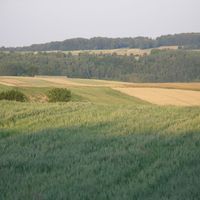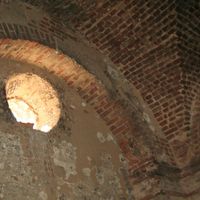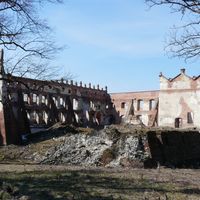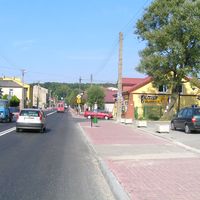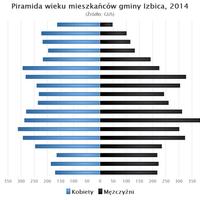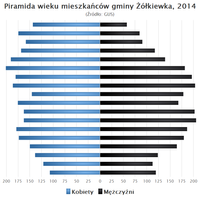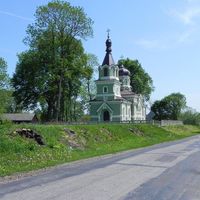Krasnystaw County
6.85
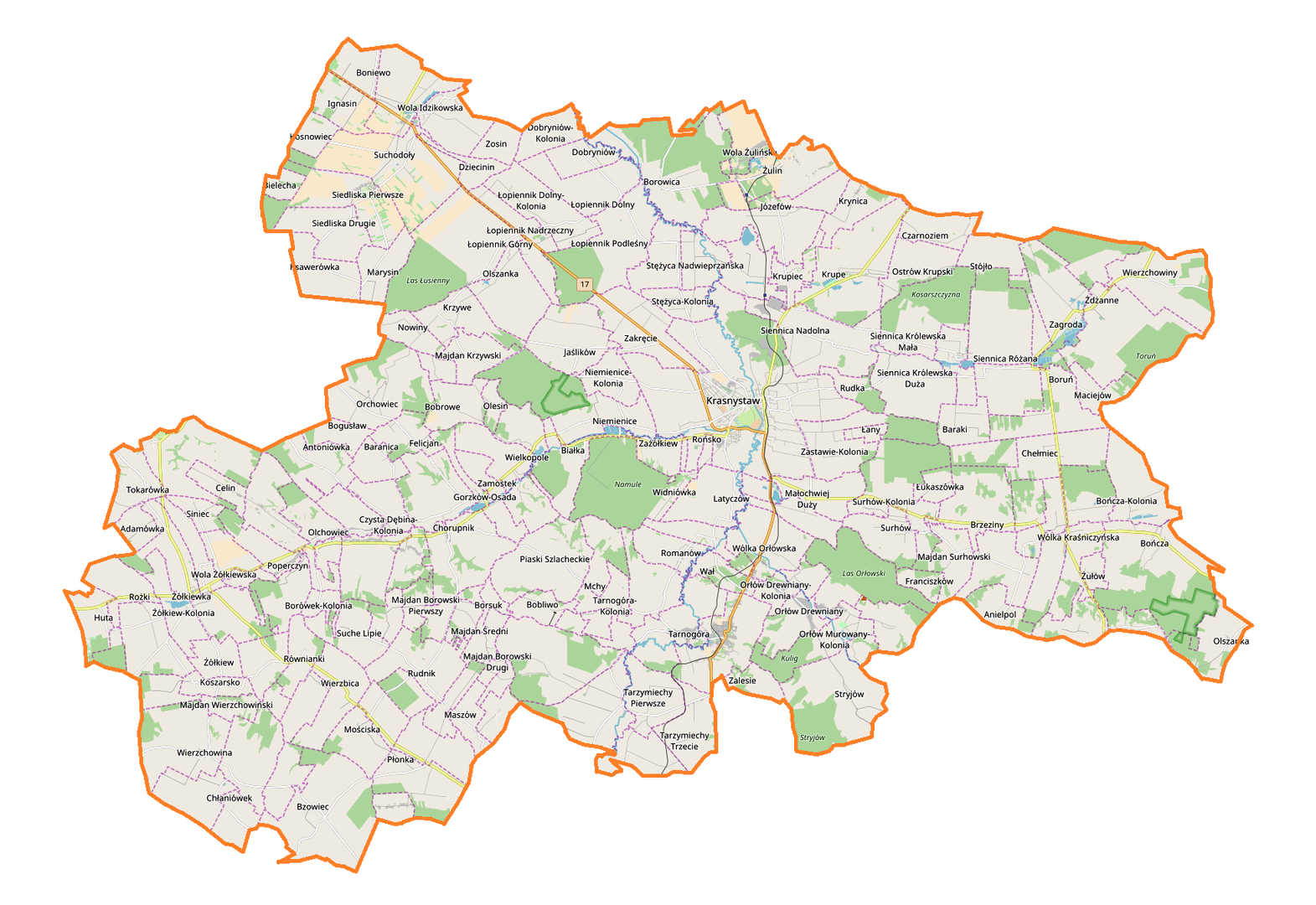
Overview
Krasnostawski County, located in the Lublin Voivodeship, was established in 1999 as part of the administrative reform, with the town of Krasnystaw serving as its capital. The county comprises several municipalities, including urban, urban-rural, and rural communes. Among the rural communes are Fajsławice, Gorzków, Kraśniczyn, Łopiennik Górny, Rudnik, Siennica Różana, and Żółkiewka. The county is distinguished by its diverse architectural heritage, featuring numerous monuments such as churches and historic buildings that reflect the local style and history of the region.
Krasnystaw, as the county's key town, boasts a rich cultural heritage, evident in the numerous events and festivals organized in the area. Historically, the county has been a meeting place for various cultures, enriching its traditions and customs. Rural communes like Żółkiewka and Łopiennik Górny are not only known for their beautiful landscapes but also for preserved elements of folklore and local traditions.
The demographics of Krasnostawski County show variability; according to data from the end of 2019, the population was 63,258, which decreased to 62,940 by 2020. The county is also characterized by interesting historical aspects, such as its medieval origins when it was an important point on trade routes. County administrators, such as Piotr Jelonek, Janusz Szpak, and the current starosta Andrzej Leńczuk, play active roles in managing the region, implementing local initiatives, and developing infrastructure.
Its proximity to other counties, such as Zamość, Biłgoraj, Lublin, Świdnik, and Chełm, influences social and economic interactions, creating opportunities for cooperation and cultural exchange. With its rich cultural and socio-economic background, Krasnostawski County is an important part of the Lublin region, preserving its unique characteristics and traditions.
Location
2026 Wizytor | All Rights Reserved
